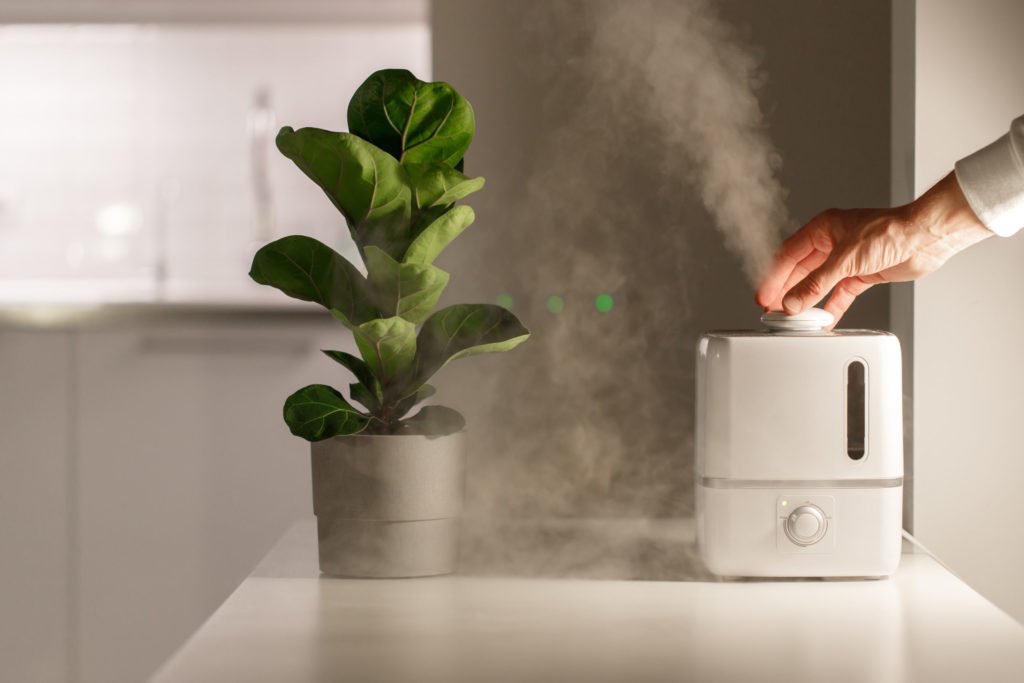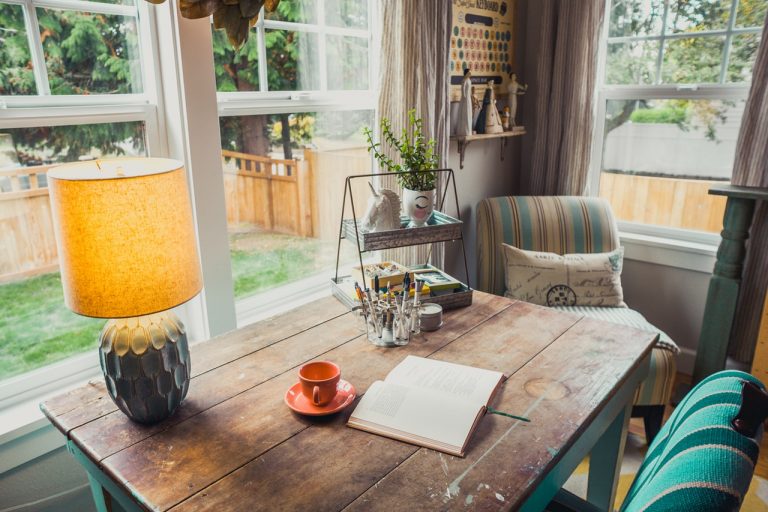Indoor air pollution is a serious issue that isn’t discussed anywhere near enough among homeowners. There are severe health risks associated with breathing polluted air, even more so when it occurs on a long-term basis. However, many people aren’t even aware of what indoor air quality is or how they can protect themselves and their families. Fortunately, there are resources available online that can teach you everything you need to know about the impact of air pollution and steps you can take to keep your household safe. If you want to learn more, read on to find out about the effects of indoor air pollution on your health and what an air purifier can do to help.
How can an air purifier reduce indoor air pollution?

Air purifiers are devices that clean the air in a room by removing dust, pollen, smoke, and other pollutants. Indoor air pollution is a leading environmental health threat, and adding an HVAC air purifier to your home is one way to begin to address the issue within your home. Your HVAC system will generally be your first line of defense against polluted air in your home, but an air purifier can provide an extra boost when it comes to creating a comfortable and hygienic indoor environment. An air purifier is especially helpful in homes where there are people who suffer from asthma or allergies.
There are a variety of different air purifiers available on the market, and it is important to select the one that is best suited for your needs. Some air purifiers are designed for small rooms, while others are designed for large rooms or even entire homes. It is also necessary to consider the type of filter that the air purifier uses. Some filters are more effective at removing pollutants than others. You should look for a model that has a high efficiency particulate air (HEPA) filter, which is broadly regarded to be efficient and trustworthy.
There are also lifestyle changes that can improve your indoor air quality. For example, dust and dirt can release harmful particles into the air. Reducing clutter and eliminating dust and dirt through regular cleaning will promote cleaner air. Experts recommend vacuuming your home at least once a week and laundering items that can trap allergens on a more frequent basis. If you live in an area where the outdoor air isn’t up to air quality standards, you may also want to avoid opening your windows too often.
What are the effects of indoor air pollution on your health?

There are a wide range of potential negative effects of indoor air pollution on your health. Poor indoor air quality can cause or worsen a wide range of health problems, including respiratory illnesses, allergies, heart disease, and cancer. Some of the most common symptoms of poor indoor air quality include coughing, sneezing, watery eyes, and itchy skin. If you experience any of these symptoms regularly, it may be a sign that you need to improve the air quality in your home or office. Children can be particularly sensitive to the effects of air pollution.
Additionally, indoor air pollution can negatively impact stress. Several studies have shown that dirty air indoors can increase cortisol levels and lead to anxiety and other mental health issues. Breathing polluted air has also been linked to an increased risk for depression. Researchers believe that the chemicals in polluted air can cause inflammation in the body, which can lead to mental health problems, though more information is needed. It’s likely that we will learn more about the lifelong effects of exposure to polluted indoor air.
The air inside your home can be significantly more polluted than the air outside. This is due to a number of factors, including the use of synthetic materials in construction, the accumulation of dust and dirt, and the presence of pollutants from appliances, furniture, and other sources. There are many ways to improve indoor air quality, including using air purifiers, practicing proper indoor hygiene, and reducing your use of products that contain dangerous chemicals. Improved indoor air quality can have a major impact on your health and your quality of life, so it’s a worthwhile endeavor for all of us to protect the cleanliness of the air inside their homes.





